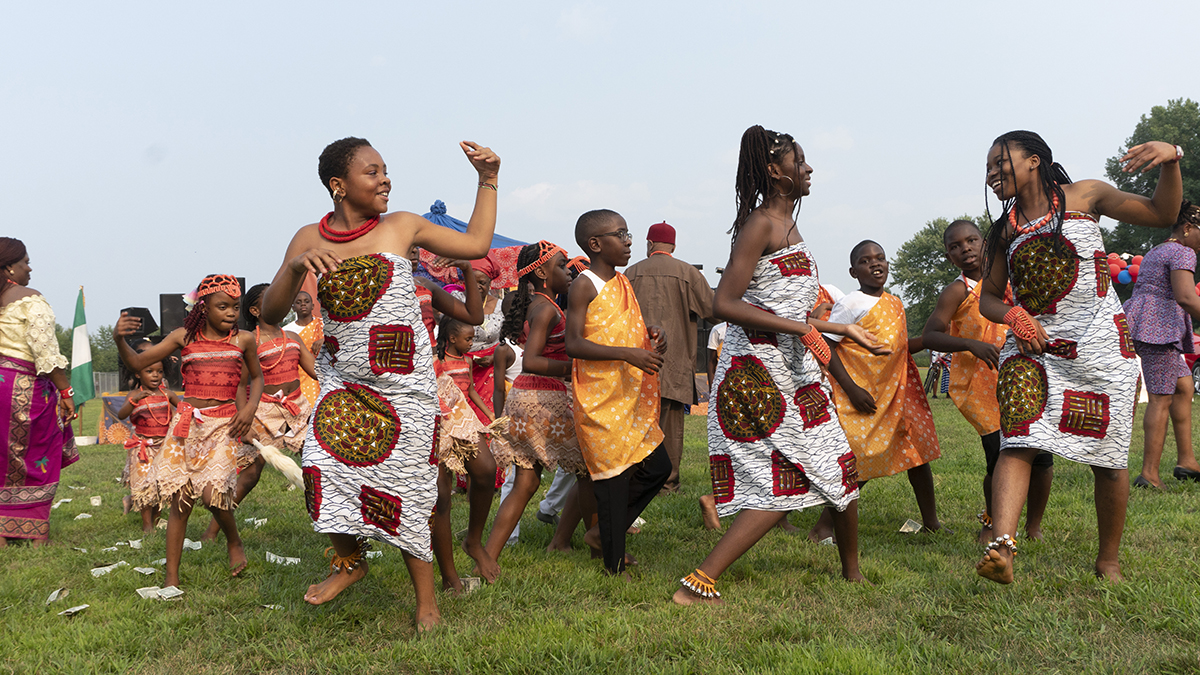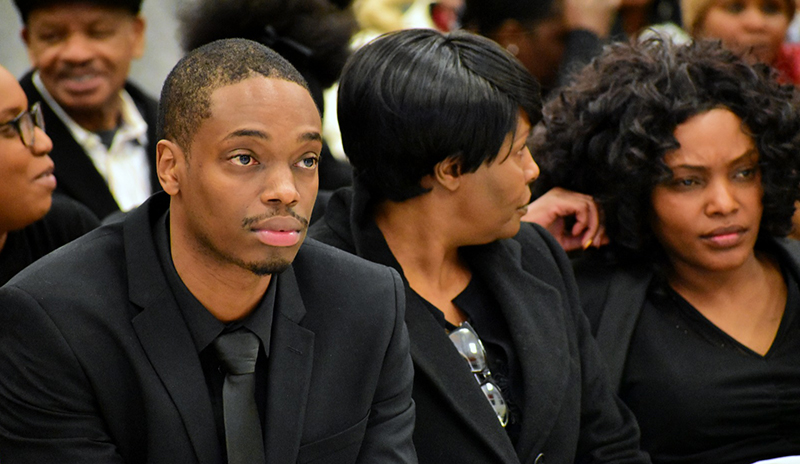
East African Traveler
The Sunday before he died, Mzee Stanley Kamana invited me to his home in the Tandika district of Dar-es-Salaam. It was like old times. We sat on his back stoop and talked about the usual everything: Tanzanian elections, media gossip, Bongoland gangsters, Swahili poets, spiritual quests, what have you. The talk continued as we ate ugali, spinach, beans, and,
Stanley
’s favorite, kiti moto, Tanzanian Swahili slang for the taboo swine meat.
A veteran editor and journalist, Mzee Stanley had the gift of gab, both in the editorial pages and in person, and his stories and joking rarely ceased. Just before I left that night, he gave me a bit of advice I will never forget, thereafter walking me to the bus stop where we exchanged our farewells.
Five days later, I received word that
Stanley
had passed away. His time was finally up. For years, he had suffered from high blood pressure and heart problems. The news still came as a shock, though, as I had just seen him so full of life. I would have never learned the ropes of life in without
Stanley
. We met when I first step foot in Dar-es-Salaam four years ago as a scholar of the East African press, and we worked together at the media conglomerate, Habari Corporation.
No doubt,
Stanley
was a newspaperman of the old school. He had an exceptional command of the English language, a sharp intellect, and a cutting sense of humor. Even through his thick mustache and gruff voice, he could always put on the charm.
His start in the news business came in 1969, when he joined the government-owned daily, the Tanganyika Standard (now the Daily News), later working for several government publications alongside the likes Benjamin Mkapa and other future stalwarts. Over his 36-year-career, he moved through countless news outfits as an editor and writer, and he even started his own private newspaper when the private press in didn’t exist.
Like many such veterans, he was no stranger to the many jaded ways of the pressroom. He also fought his bouts with drinking, smoking, and gambling, finally defeating them all late in life although not before they had taken their toll. His inexplicable joy and humor, however, always pushed their way through his pain.
One of his dear friends and colleagues, James Shani Mpinga, stood by
Stanley
at his deathbed. In an obituary for the Dar-based daily, the Citizen, he wrote: “Minutes before [
Stanley
] died, he seemed to be communicating with his creator directly: ‘Jesus, my time has come…. Halleluya, Halleluya, Halleluya!’”
More than 300 people showed up to pay their respects at his funeral, from the expected next president, Jakaya Kikwete, to scores of journalists, relatives, and everyday people. There is nothing quite like a msiba (funeral), its gravity and spiritual magnitude, especially in
East Africa
with rituals, songs, and orations seemingly never ending. I would rather be late for my own wedding than miss a msiba for a dear friend.
For
Stanley
’s last rites, we didn’t reach the cemetery until late afternoon. It was there that, beside the sorrow of
Stanley
’s family and friends, a mystifying sense of peace came over me. Unlike some of his contemporaries, who went on to become major media owners and even presidents, Stanley lived in national housing until the day he died, making just enough in his string of media jobs to get by and to put his children through school. Bygones be bygones. In the end, he still beamed with that joy and faith that his rough old spirit would live on.
Hallelujah, Mzee. Hallelujah.
The writer is a Twin Cities resident currently visiting
East Africa
on a cultural exchange program. He will share his perspective and observations while there in this column which will appear in Mshale through early 2006 when he returns to the
. You can reach him at [email protected].
About Jeremy O'Kasick







